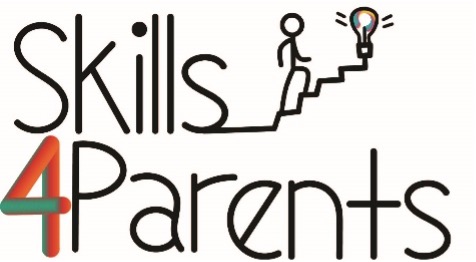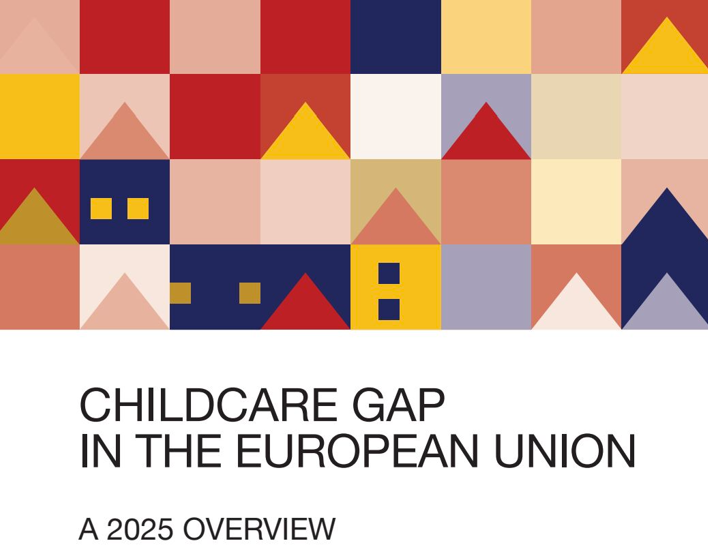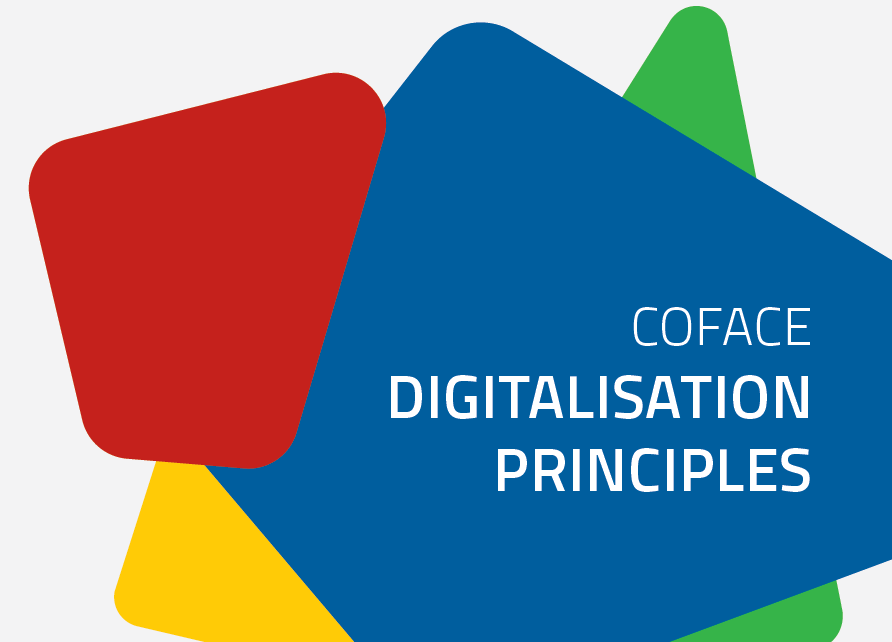Empowering families through the development of
positive parenting skills
Learning Guide for Parents
The Learning Guide
Funded by the Erasmus+ programme, developed through the expertise of 6 organisations and founded on values of human rights, non-discrimination, social inclusion, gender equality, intergenerational solidarity and empowerment of all families, the Skills4Parents Learning Guide for Parents provides plenty of material for self-learning of parents in five areas: Communication, Empowerment, Mediation, Problem solving and Digital. The guide adopts a self-learning approach, allowing all learning parents to choose the content that they need to tackle the parenting challenges they are encountering at their own pace. Now it is up to you to make your own programme and take the best that Skills4Parents can offer you! We wish you a pleasant learning journey through our guide.
The guide is available in English and French.
_____________
Background
The five learning packages present in the Learning Guide have been selected following a careful selection process. First, the six organisations have built on their experience working with parents and professionals, and on a thorough literature review to preselect a set of skills. This list was then put through a “reality test” as all partners organised focus group sessions to test the skill sets in five countries. This resulted in the creation of a cross-European focus group with different profiles of parents and educators. The learning parents participating in the focus groups came from various backgrounds and each of them face different challenges in their everyday lives. From divorced and single parents, migrant parents, special needs parents with hearing or visual impairments to parents from big cities, suburban areas to rural. The groups were gender-balanced and were representing diverse family forms and geographical origins. For more information about the selection of the learning packages, you can check our report.





